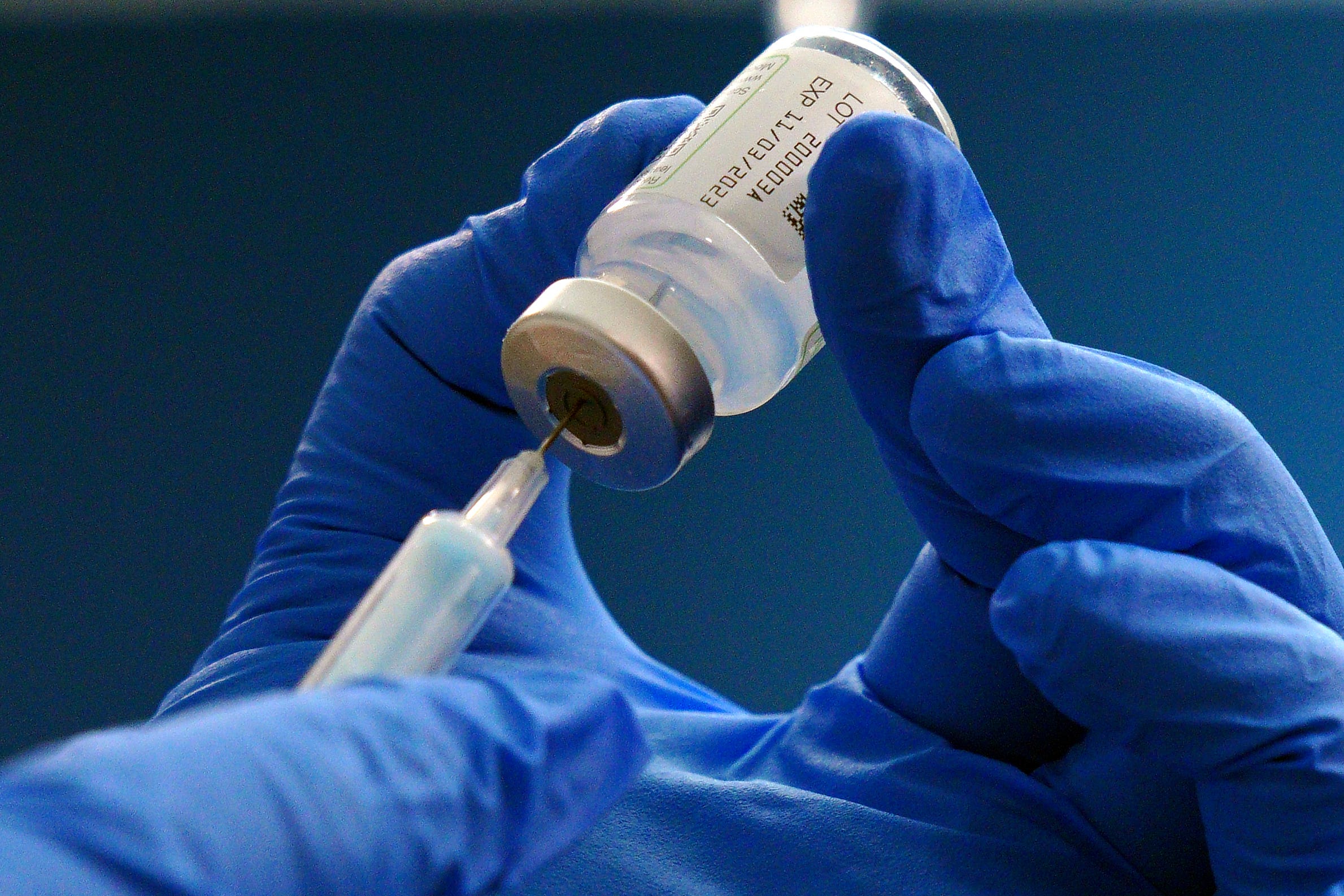Universal flu vaccine could be ready for human use in two years – expert
The US researchers have created a vaccine based on the same mRNA technology used in the Covid-19 jabs from Moderna and Pfizer.

A universal flu vaccine that can protect against all strains of the virus could be available in the next two years, a leading expert has said.
Professor John Oxford, a virologist at Queen Mary University in London, said a new vaccine developed at the University of Pennsylvania represented a “huge breakthrough”.
The US researchers have created a vaccine based on the same mRNA technology used in the Covid-19 jabs from Moderna and Pfizer.
The potential is huge, and I think sometimes we underestimate these big respiratory viruses.
Writing in the journal Science, they said their vaccine protected mice and ferrets against severe influenza, with the next stage being clinical trials in humans.
Prof Oxford told the BBC Radio 4 Today programme the vastly experienced team had mixed 20 strains of flu together and had a got a response to every strain.
Current vaccines tend to protect against four strains of the virus.
“I cannot emphasise enough what a breakthrough this paper is,” Prof Oxford said, adding there was a “very good chance” the jab would work in humans.
“The potential is huge, and I think sometimes we underestimate these big respiratory viruses.”
He said about 30 or 40 volunteers would be needed for a phase 1 clinical trial, with the first data possibly coming within the next six months.
Researchers have been working on universal flu vaccines for many years, but the latest breakthrough is seen as a step towards protecting people in any future flu pandemic.
Prof Oxford said the jab could save thousands of lives.
The research found the vaccine provoked high levels of antibodies that protected against the flu virus.
Dr Andrew Freedman, a reader in infectious diseases at Cardiff University, said: “This vaccine has only been tested in animals to date and it will be important to investigate its safety and efficacy in humans.
“It does seem a very promising approach to the goal of producing a universal flu vaccine as well as vaccines that protect against multiple members of other viral families such as rhino and coronaviruses.”
Bookmark popover
Removed from bookmarks